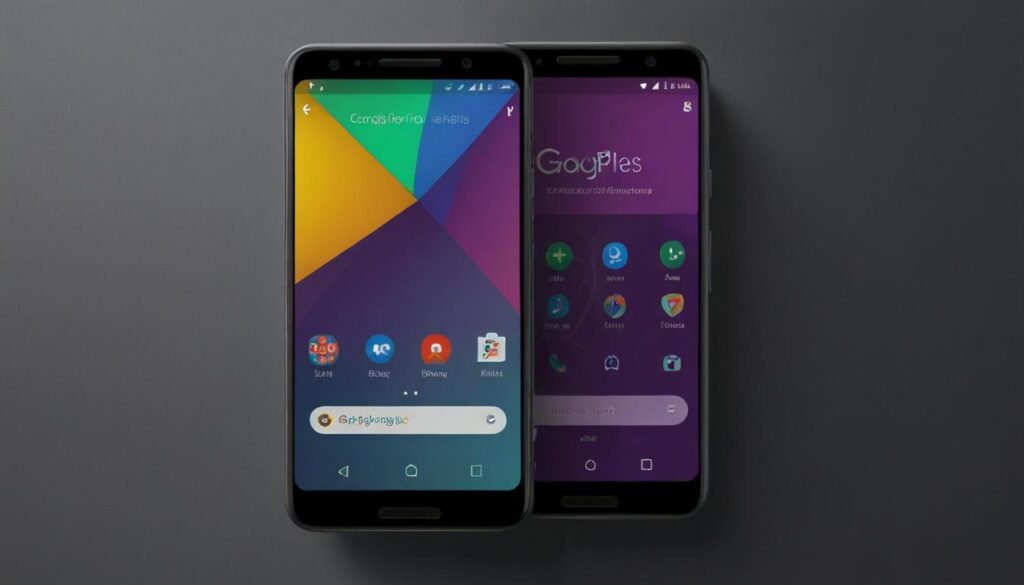A federal judge signals major changes to Google’s Play Store, following a jury ruling that deemed it an illegal monopoly, potentially reshaping app distribution on Android devices.
Federal Judge Poised to Overhaul Google’s Android App Store Following Monopoly Verdict
San Francisco – In a consequential development for the tech industry, a federal judge signalled on Wednesday that Google’s Android app store will face substantial changes following a jury ruling last December that declared it an illegal monopoly. The court’s forthcoming decision could lead to a significant restructuring of how apps are distributed and purchased on Android devices.
U.S. District Judge James Donato indicated that he plans to mandate that Google’s Play Store—currently the main avenue for Android app downloads—offer consumers the choice to access alternative app stores. His remarks came during a three-hour hearing in San Francisco, where he said, “We are going to tear the barriers down.”
This decision is a response to the jury’s findings over Google’s almost exclusive control over the distribution of Android apps and the billing systems for digital purchases within those apps. This control generates billions in annual revenue for Google.
The judge is considering orders that would fundamentally alter the Play Store’s operations, measures which could impose significant financial burdens on Google, with estimates of up to $600 million in compliance costs. Google warned that offering access to third-party app stores could lead to security risks, including the potential for malicious software to infiltrate users’ devices.
Judge Donato, however, emphasised the necessity of dismantling the existing monopolistic framework, asserting that Google’s “mountain built out of bad conduct” must be moved. He aims to issue a decision on the structural changes required for the Play Store possibly before the Labour Day weekend.
This ruling is a precursor to another significant antitrust case concerning Google’s dominant search engine, which is scheduled for remedial hearings beginning on September 6 in Washington, D.C. In that case, overseen by District Judge Amit Mehta, the Justice Department recently succeeded in labelling Google’s search operations as an illegal monopoly.
Simultaneously, efforts are increasing to push for the breakup of Google, with discussions about potential divestitures of key components such as Google’s Chrome browser and Android operating system. These discussions are led by state attorneys general and the Justice Department, who are also exploring other stringent antitrust remedies.
Phil Weiser, the Colorado Attorney General, noted that ending Google’s illegal contracts alone would not suffice. He insists on additional steps to ensure the restoration of competitive conditions, mentioning that divestiture and mandated access to Google’s resources are under consideration.
Several strategies for restructuring Google have been mooted, including proposals that the company divest its Chrome and Android assets. Such measures are seen as necessary to prevent the continuation of monopolistic behaviour into burgeoning technology markets, such as artificial intelligence.
Judge Donato’s impending ruling on the Play Store could impose operational changes within a few months, contrary to Google’s request for a 12-16 month period to implement a smooth transition. Epic Games, the video game company that initiated the lawsuit against Google, argued the changes could be executed within three months at a minimal cost. However, the judge has yet to define a specific timeline.
The remedial ruling is expected to last several years, potentially three to five, as Donato deliberates on a balanced time frame. Google, meanwhile, advocates for a one to two-year period.
This case and the forthcoming Washington D.C. hearings are set to redefine the landscape of digital competition, signalling a potent shift towards increased regulatory oversight of tech giants. This shake-up, as Judge Donato summarized, is meant to foster “a garden of competitive app stores,” addressing the monopolistic dominance Google has wielded over digital app distribution and consumption for years.

